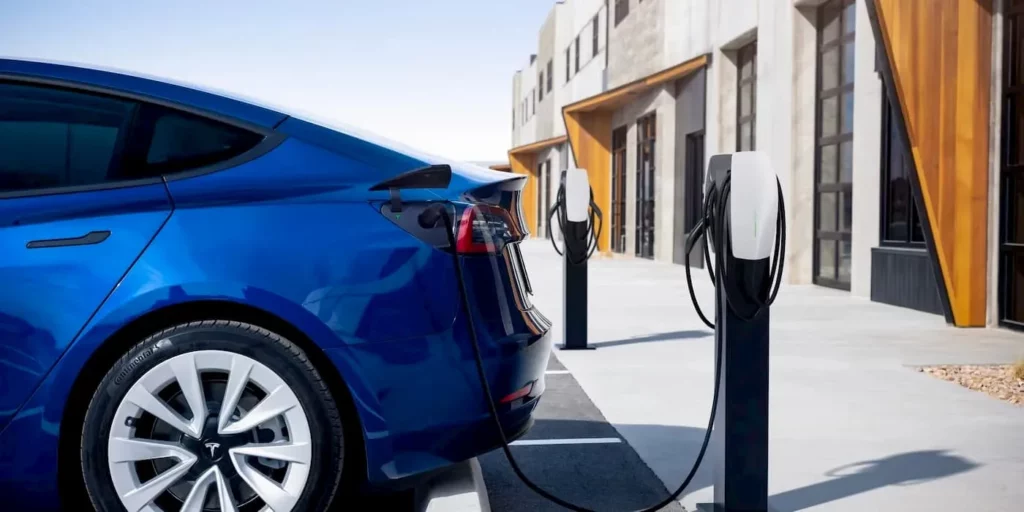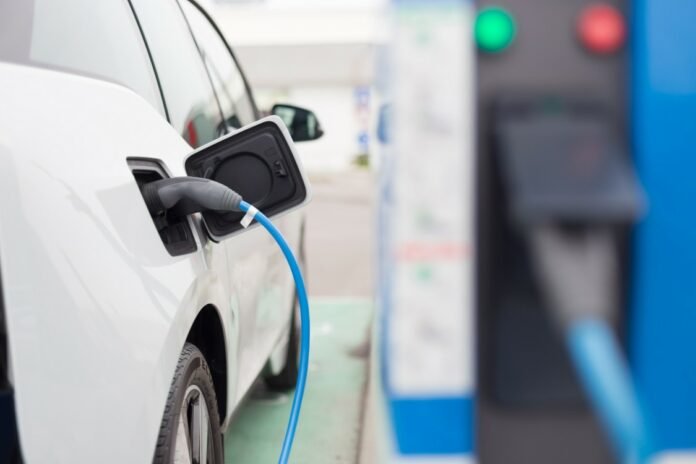According to Goldman Sachs Research, declining costs for essential minerals will result in a 40% decrease in the price of batteries for EVs by 2025, which will have a significant impact on the rate of electric vehicle adoption worldwide.
“The decrease in battery expenses may result in more affordable electric vehicle prices, wider consumer acceptance, and additional expansion in the overall addressable markets for electric vehicles and batteries,” stated in the report Nikhil Bhandari, co-leader of Goldman Sachs Research’s Asia-Pacific natural resources and clean energy research group.
Between 2023 and 2030, battery pack prices are predicted to decrease by an average of 11% annually. The team concluded that, in the absence of subsidies, the EV market might reach cost parity with internal combustion engine (ICE) vehicles by 2025.
Analysts predict that declining prices for EV raw materials like cobalt, nickel, and lithium will account for over half of the reduction. The company had forecast earlier this year that China’s electric vehicle sales would plummet and that the price of battery materials would drop as more mines came online. New battery technologies that could be commercialised this decade to strengthen value chains and streamline manufacturing processes are further significant elements.

Goldman predicts an increase in electric vehicle sales
According to Goldman Sachs Research, battery costs are predicted to drop 40% from 2022 to $99 per kilowatt-hour of storage capacity by 2025. It’s happening more quickly than they anticipated; an earlier estimate put the reduction closer to 33%.
The researchers point out that when governments in China and Europe reduce their subsidies, the global EV penetration has begun to decline from its recent high points. But the second phase of the EV revolution will begin when EVs and internal combustion engines are priced similarly. “Our analysts believe that consumer adoption will have a greater impact on the EV market than government handouts as it moves into a new phase.”
Global EV penetration rises from 2% in 2020 to 17% in 2025, 35% in 2030, and 63% in 2040, according to Goldman’s base projection. Another “hyper-adoption” scenario predicts that by 2025, EV sales will make up 21% of all vehicle sales worldwide, followed by 47% by 2030, and 86% by 2040.
According to Bhandari, “We think the Chinese EV market may be the most similar to a consumer-led EV adoption phase.” Compared to its equivalents in Europe and the US, China’s electric vehicles are more reasonably priced.

“Goldman Sachs Research expects this to eventually change in around the middle of the decade when battery price declines and a scale-up in EV sales volumes lead to a significant reduction in EV costs,” the report states. “While EV sales there have been subsidised by Chinese EV producers, who are selling EVs at a loss.”
Speaking at a recent Canadian Climate Institute conference on regulating zero-emission vehicles, the panellists emphasised the importance of achieving competitive prices for electric vehicles in order to accelerate the EV transition. However, differing opinions emerged over whether greater or less regulation in Canada would be more beneficial for that change.
As stated by Brian Kingston, president and CEO of the Canadian Vehicle Manufacturers Association, Transport Canada’s mandate that all new light-duty cars and passenger trucks be sold with zero emissions by 2035 has a detrimental impact on industrial competitiveness and would keep costs high. A better course of action would be to increase consumer demand by providing incentives and developing the infrastructure for charging.
However, Joanna Kyriazis, Clean Energy Canada’s director of public affairs, asserted that the mandate will increase Canada’s car market’s appeal to foreign investors, which is essential for developing the nation’s battery supply chains.


